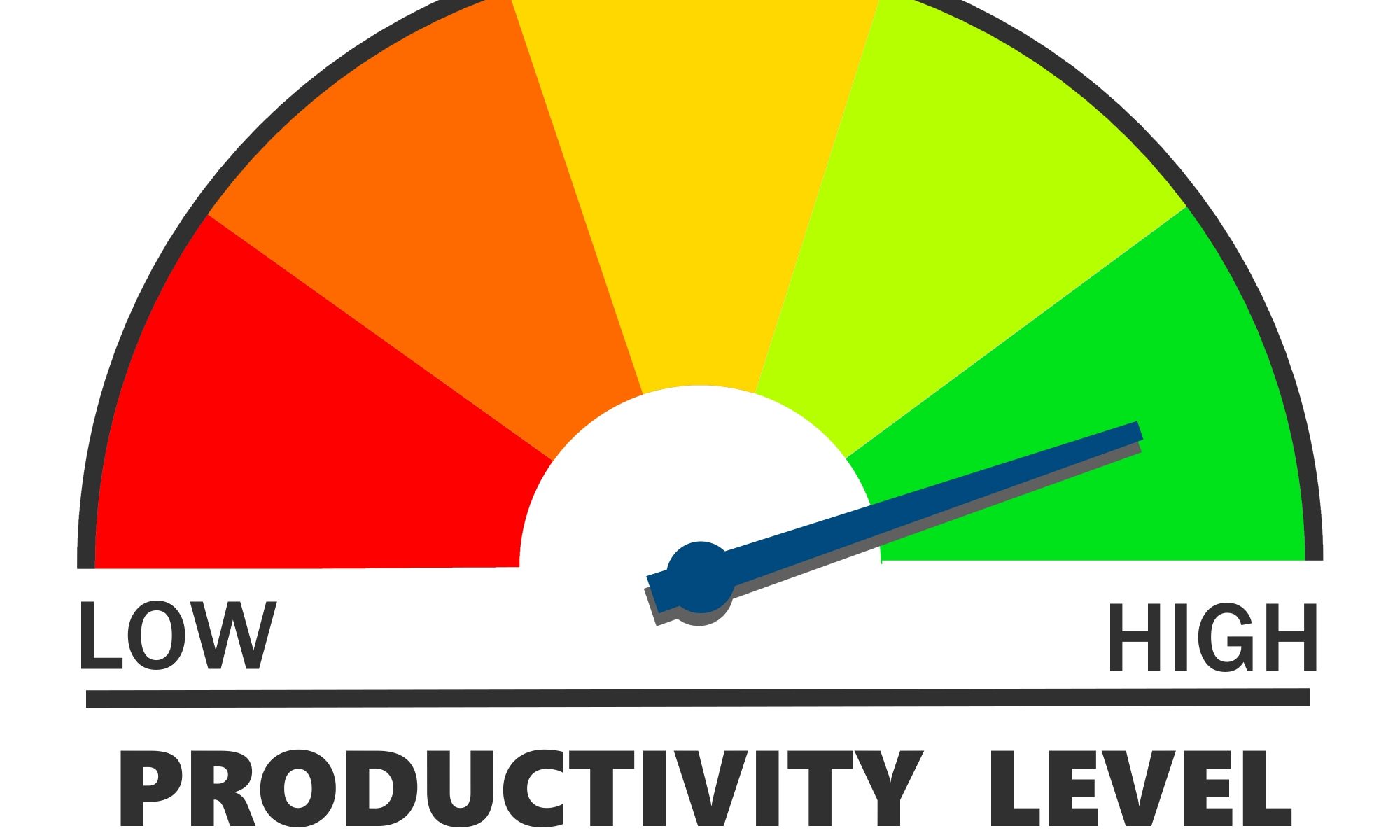While often seen as a trait that drives excellence, perfectionism can sometimes hinder innovation and progress. Pursuing flawlessness can lead to procrastination, increased stress, and a paralyzing fear of failure. Balancing the desire for perfection with the need for innovation requires a strategic approach that encourages creativity, risk-taking, and iterative improvement.
Understanding the Perfectionism Trap
Perfectionism manifests as an intense focus on avoiding mistakes and striving for impeccability. While this can lead to high-quality outcomes, it often comes at the cost of speed and flexibility. Perfectionists may spend excessive time refining details, delaying project completion, and avoiding new challenges for fear of imperfection. This creates a paradox where the pursuit of perfection inhibits the innovation needed to achieve exceptional results.
Embracing a Growth Mindset
A growth mindset, as popularized by psychologist Carol Dweck, is fundamental to overcoming the limitations of perfectionism. This mindset embraces the idea that abilities and intelligence can be developed through effort, learning, and perseverance. By shifting focus from innate talent to continuous improvement, individuals can reduce the fear of failure and view challenges as opportunities for growth.
Implementing Agile Methodologies
Agile methodologies, widely used in software development, offer a practical framework for balancing perfectionism and innovation. These approaches emphasize iterative progress, regular feedback, and adaptability. By breaking projects into smaller, manageable tasks and delivering incremental improvements, teams can maintain momentum, incorporate feedback early, and adjust course as needed. This reduces the pressure to deliver a perfect final product on the first attempt and fosters a culture of continuous learning and innovation.
Cultivating a Culture of Psychological Safety
Creating an environment where team members feel safe to take risks and make mistakes without fear of judgment is crucial for innovation. Psychological safety encourages open communication, idea sharing, and experimentation. Leaders can foster this culture by modeling vulnerability, celebrating learning from failures, and providing constructive feedback. When employees feel supported, they are more likely to take creative risks and propose novel solutions.
Setting Realistic Expectations and Prioritizing
Perfectionists often struggle with setting realistic expectations, leading to burnout and decreased productivity. It is essential to prioritize tasks based on their impact and feasibility. Using techniques like the Eisenhower Matrix, which categorizes tasks by urgency and importance, can help in focusing efforts on high-value activities. Additionally, establishing clear criteria for what constitutes “good enough” can prevent unnecessary refinement and allow for timely project completion.
Encouraging Collaboration and Diversity of Thought
Innovation thrives in environments where diverse perspectives and collaborative efforts are valued. Bringing together individuals with varied backgrounds, skills, and viewpoints can spark creative solutions and prevent tunnel vision. Encouraging cross-functional teamwork and open dialogue ensures that ideas are tested and refined from multiple angles, leading to more robust and innovative outcomes.
Conclusion
Navigating perfectionism while driving innovation is a delicate balance that requires intentional strategies and a supportive environment. By fostering a growth mindset, implementing agile practices, cultivating psychological safety, setting realistic expectations, and encouraging collaboration, individuals and organizations can harness the strengths of perfectionism without being constrained by its limitations. Embracing these approaches paves the way for continuous improvement, resilience, and breakthrough innovations.
By leveraging these insights and strategies, perfectionists can transform their pursuit of excellence into a catalyst for innovation, driving personal and organizational success.
References:
-
-
-
- Dweck, Carol S. “Mindset: The New Psychology of Success.” Ballantine Books.
- Edmondson, Amy C. “The Fearless Organization: Creating Psychological Safety in the Workplace for Learning, Innovation, and Growth.” Wiley, 2018.
- Rigby, Darrell K., Jeff Sutherland, and Hirotaka Takeuchi. “Embracing Agile.” Harvard Business Review, May 2016.
- Eisenhower, Dwight D. “The Eisenhower Matrix.” Mind Tools.
- “Psychological Safety and Learning Behavior in Work Teams.” Administrative Science Quarterly, Vol. 44, No. 2 (1999)
We would love to hear your comments or questions. Contact us today!
Gary Brunson
gary@myclearfocus.com
Debra Rider
debra@myclearfocus.com
574.361.2674
Sustainable Growth & Profit Consultant, Coach, Mentor, and Counselor/Therapist for Business Owners and Professionals.











